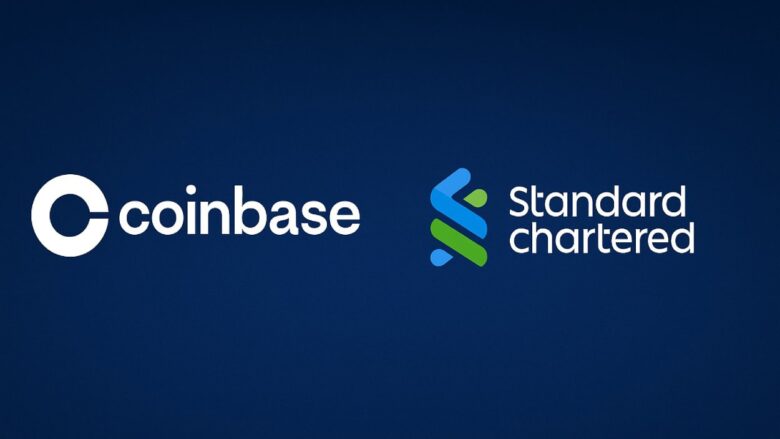Coinbase has applied for a national trust charter from the U.S. Office of the Comptroller of the Currency (OCC) as it looks to grow its crypto services under unified federal oversight, while reaffirming it has no intention of becoming a traditional bank.
Key Takeaways
- Coinbase is seeking a national trust charter from the OCC to operate under direct federal regulation while expanding its crypto services.
- The move is not a step toward becoming a bank, according to Coinbase, but rather a way to ensure clear oversight and innovation.
- If approved, the charter would allow Coinbase to broaden its offerings, including payments and settlement services, without needing state-by-state approval.
- This application follows a wave of similar moves by crypto firms like Circle, Ripple, Paxos, and BitGo, with Anchorage Digital being the only firm granted such a charter so far.
What Happened?
Coinbase, the largest publicly traded crypto exchange in the U.S., has applied for a national trust charter from the Office of the Comptroller of the Currency (OCC). If granted, the charter would place the firm under federal regulatory oversight and give it more flexibility to expand its services, particularly in areas like custody, payments, and settlements. The company emphasized that it does not intend to become a bank, but wants to bring more structure and confidence to its offerings.
The crypto market is global, and we need uniform national rules to protect every consumer as the market continues to evolve.
— Coinbase 🛡️ (@coinbase) October 3, 2025
That’s why we’ve applied for a @USOCC national trust charter and the federal regulatory oversight and clarity that it provides.
Why Coinbase Wants a National Trust Charter?
Coinbase currently operates its regulated custody services through Coinbase Custody Trust Company, licensed under New York’s BitLicense regime since 2015. While this model has worked, it requires Coinbase to navigate a patchwork of state-level regulations, which can slow down product development and service expansion.
By acquiring a federal trust charter, Coinbase aims to:
- Operate under a unified regulatory framework.
- Reduce complexity and compliance burdens.
- Accelerate the rollout of institutional and payment services.
- Ensure clear oversight for future innovations.
Greg Tusar, Senior Vice President of Institutional Products at Coinbase, explained the move in a blog post, stating:
Growing Institutional Demand and Market Momentum
The timing of Coinbase’s application reflects broader shifts in the regulatory and market landscape:
- The OCC recently removed a requirement for banks to seek supervisory non-objection before engaging in crypto-related activities, lowering barriers for digital asset firms.
- Lawmakers in Congress are working on legislation to clarify digital asset oversight, signaling a more stable regulatory climate ahead.
- Stablecoin trading volumes hit USD 3 trillion in August 2025, showing surging market demand and institutional interest in regulated crypto services.
Coinbase already plays a major role in connecting crypto with traditional finance. The firm has existing relationships with JPMorgan Chase, manages crypto assets for U.S. authorities, and safeguards Bitcoin holdings for ETFs backed by BlackRock and Fidelity.
Coinbase Aligns with Industry Trends
Coinbase’s decision to pursue a national trust charter is consistent with a growing trend among major crypto firms. Competitors such as Ripple, Circle, Paxos, and BitGo have also applied for similar OCC approvals. Anchorage Digital remains the only company to have secured this status to date, receiving approval in 2021.
By aligning itself with federal regulation, Coinbase hopes to reinforce its image as a compliant, forward-thinking institution that can bridge the gap between digital assets and Wall Street.
CoinLaw’s Takeaway
In my experience covering crypto regulation, this is a smart and necessary move by Coinbase. I found it particularly telling that they emphasized not wanting to become a bank. This shows they understand what customers and institutions actually need: a safe, scalable way to access crypto services without the traditional banking baggage. A national trust charter could be the key that unlocks faster innovation, better compliance, and real legitimacy in the eyes of regulators. It’s also a bold statement to policymakers that crypto firms are ready to play by the rules, as long as the rules are clear.


































































